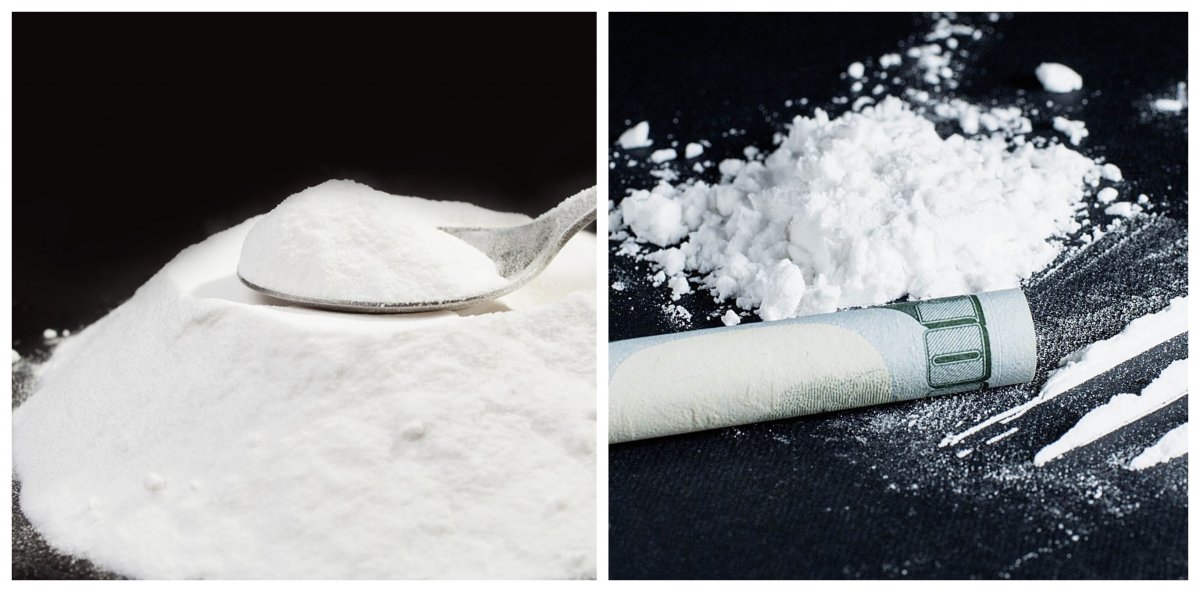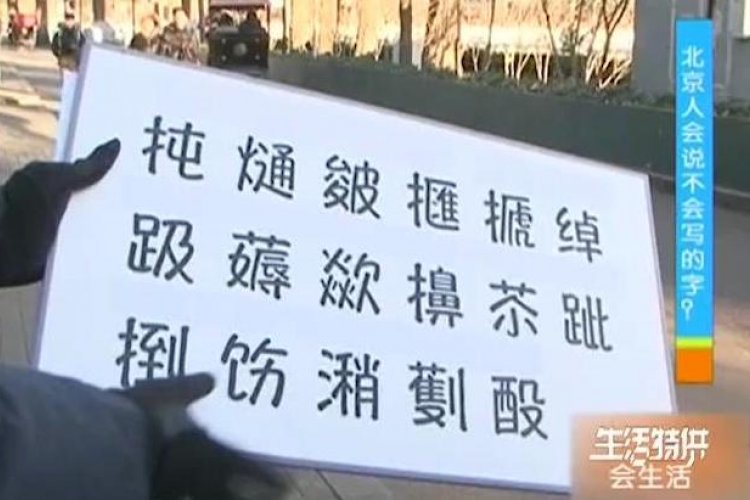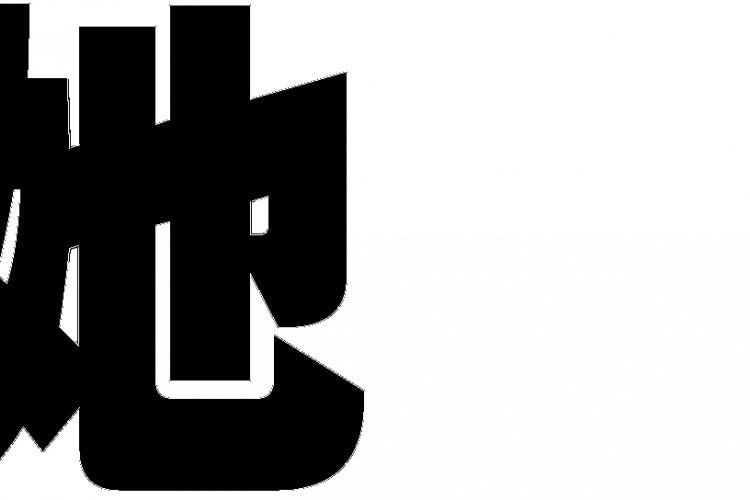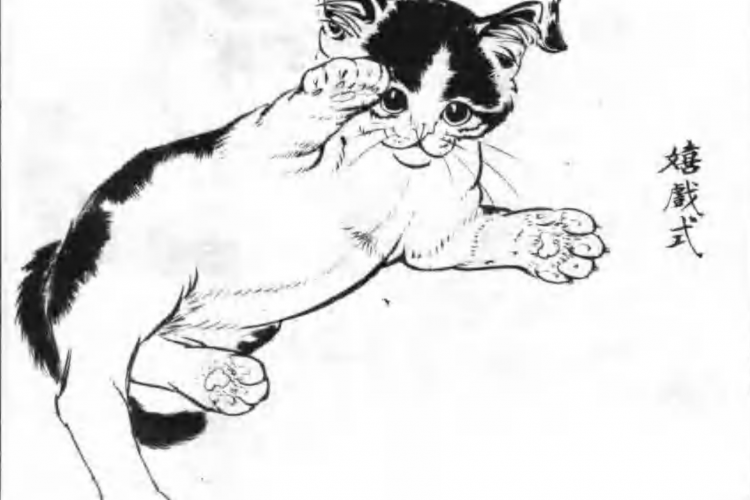Mandarin Monday: Mastering 儿 so That You Too Can Speak Like a True Lao Beijinger
Mandarin Monday is a weekly column where we help you improve your Chinese by detailing learning tips, fun and practical phrases, and trends.
Er, erm... How best to use 儿?
Běijīng huà is probably best known for its iconic 儿话音 er huàyīn – that unmistakable and guttural growl that adds to the pirate-esque drawl to the capital's citizens. While the city's hutong residents (胡同儿串子 hútòng'r chuànzi) can rap with it as deftly as spitting a freestyle, 儿 can turn a simple sentence into a tongue twister for the rest of us.

The unique tone and laid-back attitude that these “er”s deliver are quite addictive once conquered, and whoever wants to claim themselves as a true Beijinger needs to know their way around it. However, things are not quite as simple as just throwing it on the end of words, as 儿 often changes the meaning of a word and misplacing it threatens to make you a laughing stock among your local peers.
Below we've compiled a selection of the more common examples of words and phrases whose meaning changes when you add an 儿. For additional help on how to master the pronunciation of 儿, please see our 儿话音 er huàyīn guide or consult a local Beijinger for the real deal.

头 tóu vs. 头儿 tóu'r - Head, the body part sits on your neck vs. boss, the person who sits in the largest office.
前门 qiánmén vs. 前门儿 qiánmén'r - The massive gate sitting directly south of the Forbidden City vs. your average, run-of-the-mill front door.
宝贝 bǎobèi vs. 宝贝儿 bǎobèi'r - A valuable thing like a treasure or jewelry vs. people you cherish and love such as your significant other or children.
班 bān vs. 班儿 bān'r - Usually refers to class, a common source of unending stress among students vs. a period of work, for example: 夜班儿 yèbān'r - nightshift, 加班儿 jiābān'r - overtime, or 上班儿 shàngbān'r - go to work i.e. a common source of stress for the adults.

眼 yǎn vs. 眼儿 yǎn'r - Eyes, the organ you are using to read this blog vs. a small hole (as in 锁眼儿 suǒ yǎn'r - keyhole). If you want to get a little more explicit, it can also be used as a colloquial term for your butt (屁眼儿 pìyǎn'r).
老妈 lǎo mā vs. 老妈儿 lǎo mā’r - An endearing name for your mom vs. an old-fashioned nickname for a nanny or servant.
法 fǎ vs. 法儿 fǎ'r - Law vs. the ways or method to do something. Additionally, 没法儿子 méi fǎ'r zi with a shrug is an earnest way to express your helplessness or resignation, much like 没办法 méi bànfǎ.
胆 dǎn vs. 胆儿 dǎn'r - Gallbladder or used in reference to the liner or inner container of something vs. guts, as in courage, the same as how it's used in English.
干 gān vs. 干儿 gān'r - dry vs. dried food specifically, such as 地瓜干儿 dìguā gàn’r - dried sweet potatoes or 笋干儿 sǔn gān'r - dried bamboo shoots.

白面 báimiàn vs. 白面儿 báimiàn'r - Flour, the stuff you bake with vs. an alias for cocaine, something that may be full of baking soda.
铁杆 tiěgǎn vs. 铁杆儿 tiěgǎn'r - An iron pole vs. an expression to describe the unwavering relation between two people or parties i.e. "as strong and unbendable as an iron pole." Bonus uses: 铁杆儿哥们儿 tiěgǎn'r gēmen'r - steadfast buddies or 铁杆儿粉丝 tiěgǎn'r fěnsī - a die-hard fan.
冷战 lěngzhàn vs. 冷战儿 lěngzhàn’r - The Cold War vs. the pee shivers experienced when relieving yourself in cold weather.
味 wèi vs. 味儿 wèi'r - Taste or flavor, like of food vs. a strong flavor or smell (stench), like of a hutong toilet.
丁 dīng vs. 丁儿 dīng'r - A traditional reference and quantifier for men vs. diced products and frequently used in recipes, such as 蔬菜丁儿 shūcài dīng'r - diced vegetables or 猪肉丁儿 zhūròu dīng'r - diced pork.
抠门 kōu mén vs. 抠儿门儿 kōu'r mén'r - Scratch or carve a door with your finger (抠 kōu here refers to digging with a finger or something pointed, as in 抠鼻屎 kōu bí shǐ nose-picking) vs. an expression to describe someone stingy or miserly.
Read: Mandarin Monday: Beijing Accent Guide, the "儿 Er" Special
Image: Reddit, GeekWire, PurelyB, Recover Village Plam Beach, Quanjing
Related stories :
Comments
New comments are displayed first.Comments
![]() BauLuo
Submitted by Guest on Tue, 04/20/2021 - 23:47 Permalink
BauLuo
Submitted by Guest on Tue, 04/20/2021 - 23:47 Permalink
Re: Mandarin Monday: Mastering 儿 so That You Too Can Speak...
it took me a goddamn week of listening and recording myself to really say 好好儿 correctly. Talk a boot a fockin waste of time.
![]() BauLuo
Submitted by Guest on Tue, 04/20/2021 - 23:43 Permalink
BauLuo
Submitted by Guest on Tue, 04/20/2021 - 23:43 Permalink
Re: Mandarin Monday: Mastering 儿 so That You Too Can Speak...
I wish I could get a Beijing's Best Burger for every time I ever said, say, "gar' (liver) and have people say, "No---it's 'gan.'" Then, a few days later say "Gan," only to have everyone chorus, "No---it's 'gar'!"
That is the old, old conundrum with foreign tongues. If one speaks like the book, you're criticized for not being colloquial. If the latter, then you're sneered at for not being the former. (Hey, as a teacher I did that all the time too.)
When I was in Neimenggu, bout half the people spoke the 儿化 and half didn't. Went goin to buy some beef liver one day, and asked where at be the 牛肝, got shown 牛干,to which i remonstrated `不不不,我说牛肝儿!。 Whereupon I was informed there was no beef liver available at that time. Now in the south they don't use that 儿化 at all , and even say crazy things like `哪里, which is never heard in the north. And sadly all the retroflex consonants are diminished in the south as well. If you don't listen closely, or you're drunk, 四块是十块, and vicie versa.
Validate your mobile phone number to post comments.







